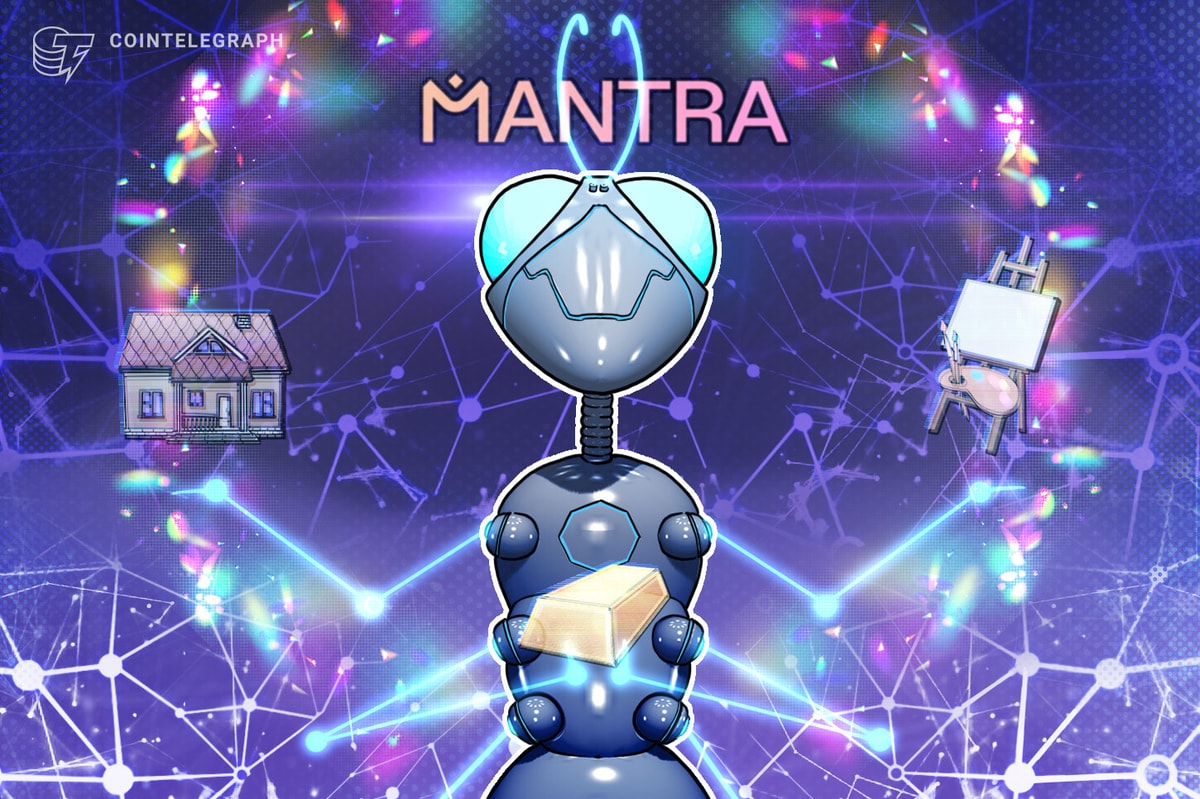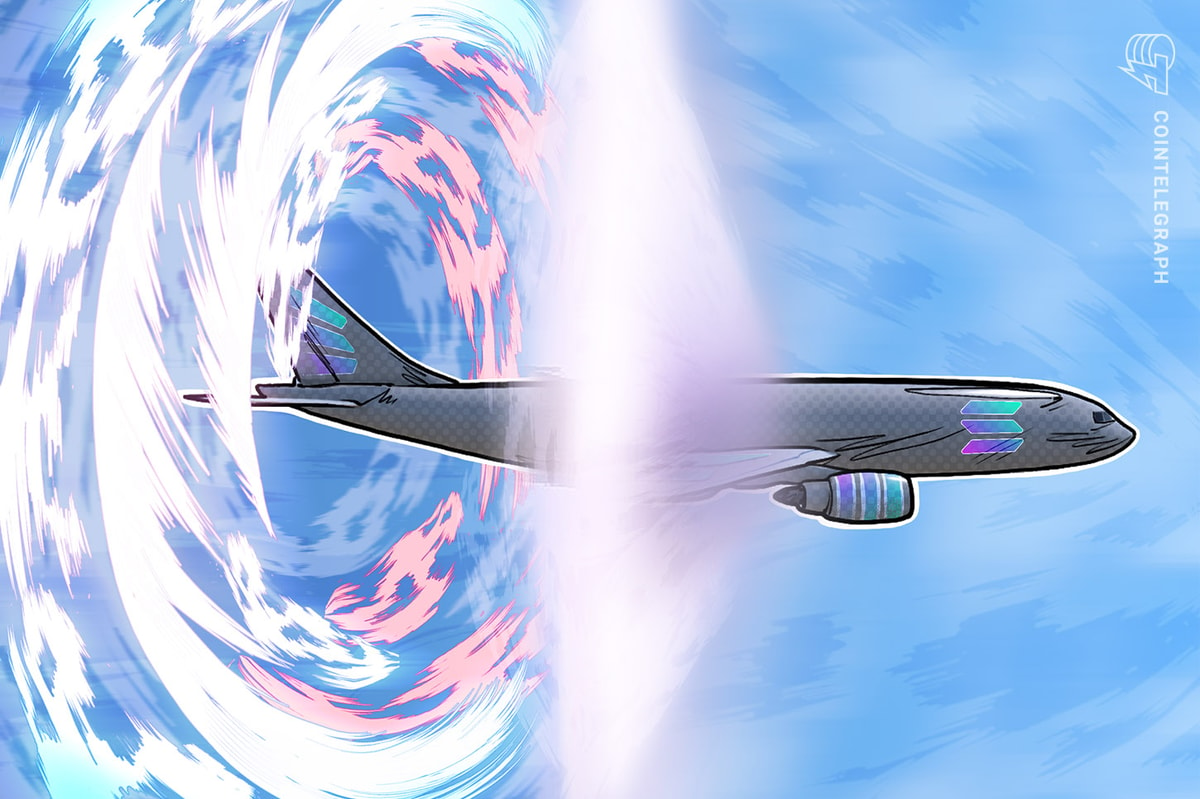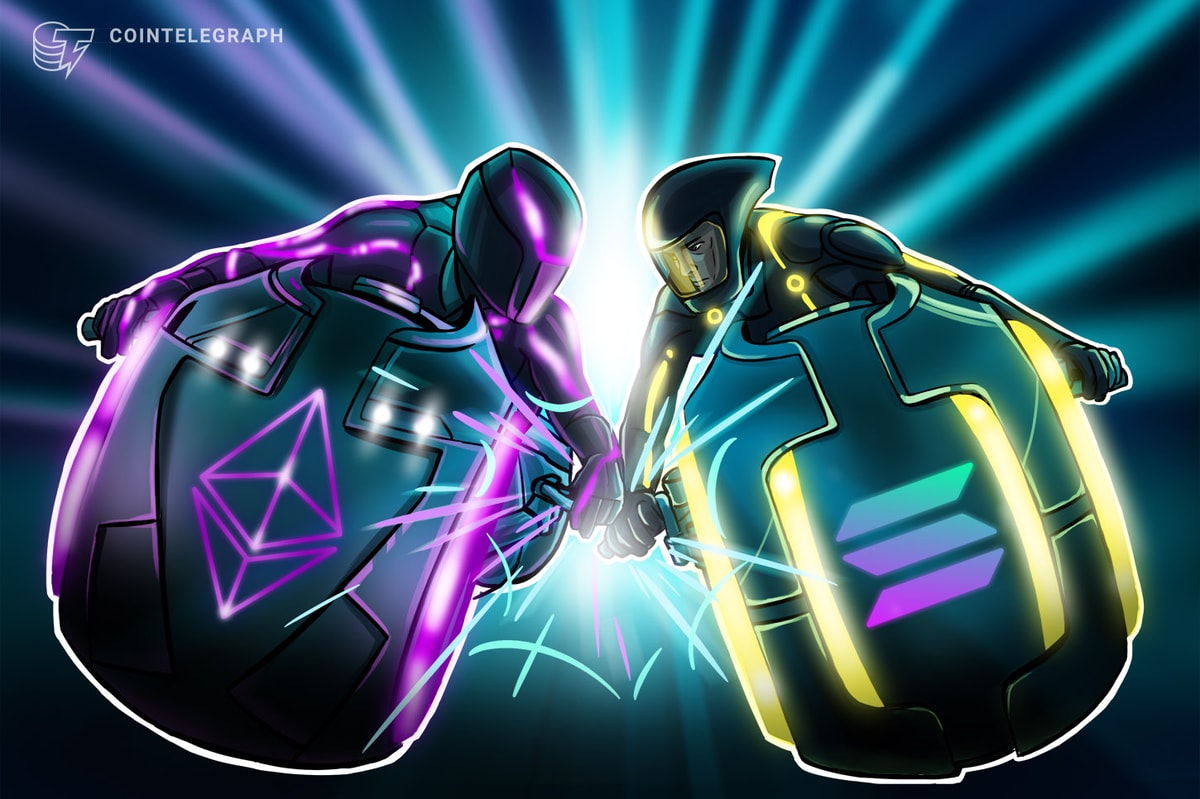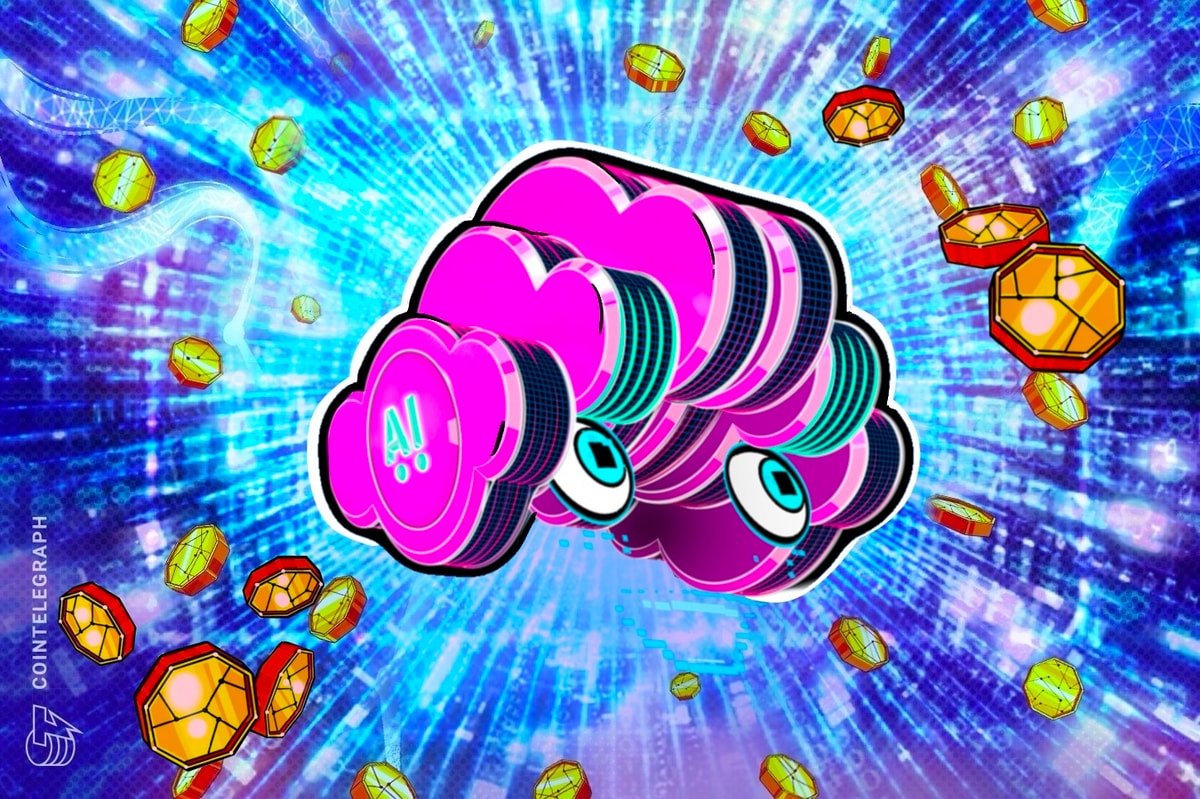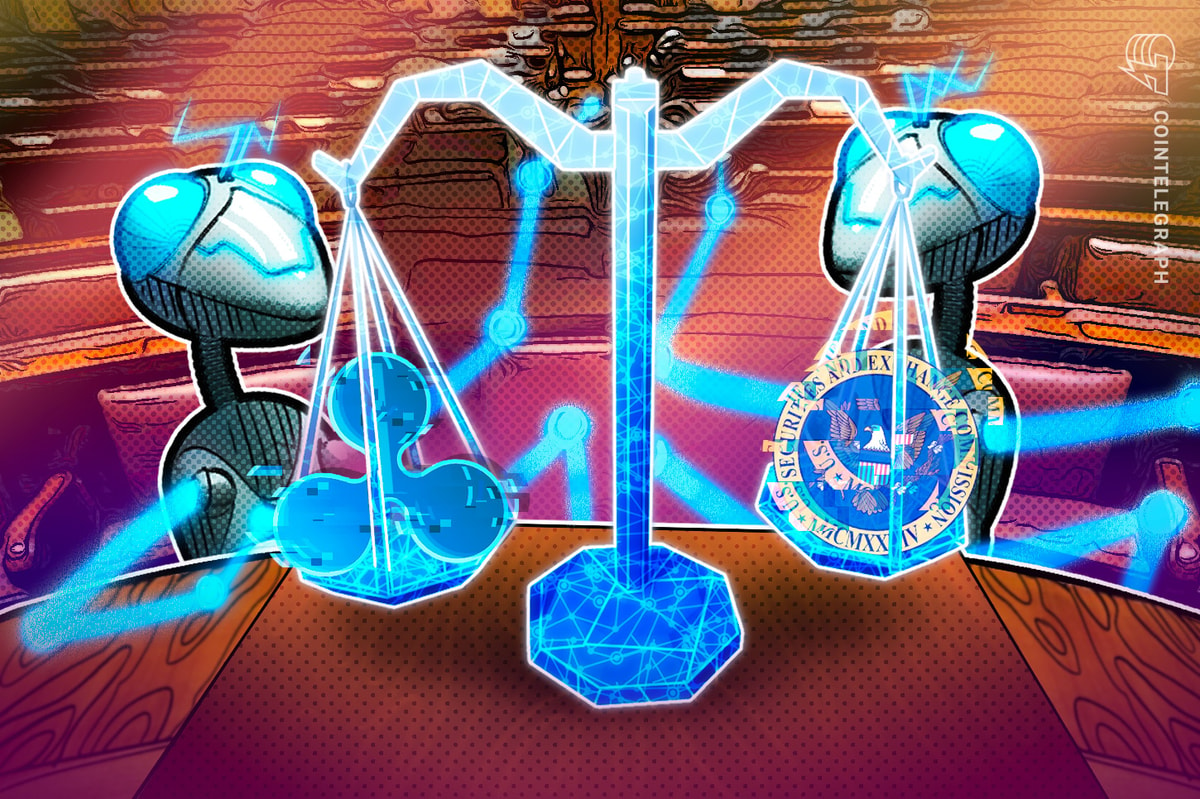Traditional finance (TradFi) is slowly but steadily being carried onto blockchain. This trend may particularly benefit legacy assets such as real estate, private equity and fine art, which are challenging to buy and sell due to lengthy processes, high costs and fragmented markets — thus often remaining illiquid.
Recording real-world assets (RWAs) on blockchain — simply called tokenization — offers significant improvement for such industries. The technology allows full or fractional asset ownership onchain and simplifies asset transfer. RWA tokenization floods traditionally illiquid industries with liquidity and significantly expands such markets, thereby modernizing them.
As blockchain technologies mature and more efficient solutions become available, the market for onchain RWAs is only expected to grow. Standard Chartered predicts a $30 trillion market for tokenized assets by 2034, while a Coinbase survey with Fortune 500 executives reveals that 86% of leaders recognize the potential benefits of tokenized assets.
Let’s take a look at how RWA tokenization can change the TradFi landscape for the better.
Enhanced liquidity for historically illiquid assets
Historically, illiquid asset transactions can be a lengthy process that usually involves long lock-up periods. Real estate, for example, often ties up capital for an extended period of time, just like private equity investments that usually render capital unavailable.
By converting these assets into digital tokens that can be traded onchain, liquidity can become instant. Tokenized shares offer more flexibility than traditional asset structures, attracting a wider pool of buyers and sellers.
A growing number of specialized blockchains, including the RWA-focused layer 1 Mantra Chain, have introduced services to support these tokenized assets. Through its Mantra Token Service (MTS), organizations can securely create, manage and transfer tokenized RWAs while maintaining compliance. Additionally, Mantra’s decentralized exchange (Mantra DEX) offers protocol-level liquidity pools, further reducing trading spreads and fostering market confidence.
Regulatory compliance with global standards
Both real estate and private equities, assets best suited to tokenization, hail from highly regulated industries. This means the compliance needs for their tokenization are immense, as are the standards, with robust requirements required for Know Your Customer (KYC) and Anti-Money Laundering frameworks.
Yet, as blockchain is a relatively new technology, regulations regarding tokenization still vary significantly in each jurisdiction. Navigating multiple jurisdictions may be complicated for issuers and investors; however, it is a necessity for tokenized RWAs to be adopted on a global scale.
Mantra’s digital identity module DID works hand in hand with local and regulated entities to provide trusted onchain verifications. After these entities carry out KYC verification, a soulbound NFT is issued to be used as a digital identity. The module, which will see a phased rollout, is the gatekeeper for compliant tokenized products.
Redefining asset ownership: MANTRA’s vision for the $50 billion RWA market https://t.co/yjL9AJWqp5
— Cointelegraph (@Cointelegraph) January 31, 2025
Lowering barriers through fragmentation and user-friendly interfaces
Legacy illiquid assets are usually associated with high investment requirements, which bars investors with lower capital from participating, thereby significantly limiting available buyers.
However, what if a real estate investor, with only enough capital to buy a fraction of a property, could buy just a fraction? RWAs make this previously unthinkable trade possible as investors can buy smaller token fractions rather than entire investment shares. Lowering entry barriers and enabling fragmented ownership can attract both retail and institutional players to such industries, boosting overall market liquidity as a result.
To demystify this fresh approach to investment, Mantra emphasizes user experience to further simplify the process, thereby eliminating another barrier: lack of knowledge. With user-friendly wallet interfaces, compliance checks and transaction flows that are designed to be intuitive, Mantra helps users — even those without prior crypto expertise — explore RWA tokenization efficiently.
Transparent and efficient transactions thanks to blockchain interoperability
Blockchains record each transaction on an immutable ledger, providing transparency and reducing risks of fraud or manual error. This means stakeholders and regulators can confirm ownership and verify histories instantly, adding efficiency to compliance by speeding up processes.
Mantra Chain goes one step further by integrating the Inter-Blockchain Communication (IBC) protocol. This allows tokenized assets to move seamlessly across different networks. This interoperability unifies liquidity and further simplifies settlement.
Unlike traditional finance, where settlements can take days or even weeks, blockchain-based processes on Mantra Chain occur nearly in real time — a significant advantage in periods of monetary tightening.
New opportunities unlocked
Tokenizing RWAs also creates entirely new paths for further growth. Converting real-world assets into digital tokens breaks any geographical and financial barriers, which in turn allows businesses and investors to gain broader access to capital sources. Any verified participant with internet access can trade these digital fractions, enabling both small businesses and global corporations to reach a wider pool of funders.
This global accessibility builds the foundation of a range of new use cases. For instance, real estate developers can tokenize properties to secure faster, more diverse funding. Meanwhile, power generation companies and aviation financiers can simplify asset management and attract new investors on an international scale.
Mantra’s framework supports such enterprise-level adoption through its permissionless layer-1 blockchain, which offers the flexibility to build permissioned applications for specific regulatory needs.
Mantra launched its mainnet in October 2024 following an $11 million raise. The project partnered with prominent players from varying industries, including Google Cloud, DAMAC, Libre, MAG, Novus and Zand Bank.
Bringing RWAs into DeFi
Apart from expanding the markets for previously illiquid assets, RWA tokenization can contribute to DeFi’s growth substantially by increasing asset options and liquidity.
“At Mantra, we’re focused on building a trusted, accessible and inclusive financial ecosystem that’s delivered through tokenization,” John Patrick Mullin, co-founder and CEO of Mantra, said: “Whether the participant of that ecosystem is a larger institutional player or a smaller community champion, we exist to provide them with a purpose-built RWA layer-1 blockchain that’s capable of adherence to real-world regulatory requirements.”
The business cases for RWA tokenization are ever-increasing. As more industries recognize the power of onchain assets, platforms like Mantra Chain can continue pushing the boundaries of innovation and help RWAs gain a well-settled place in mainstream finance.
Disclaimer. Cointelegraph does not endorse any content or product on this page. While we aim at providing you with all important information that we could obtain in this sponsored article, readers should do their own research before taking any actions related to the company and carry full responsibility for their decisions, nor can this article be considered as investment advice.


